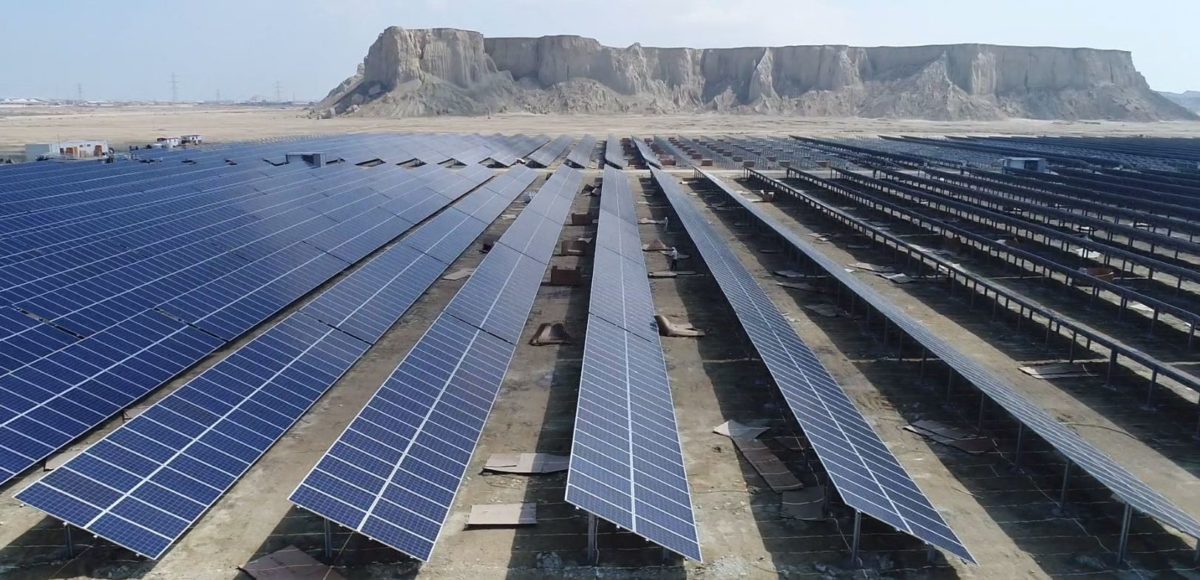Italian provider of construction, tourism, and renewable energy services, Carlo Maresca Spa has completed a 10 MW solar park on the island of Qeshm, southern Iran.
The Blu Terra 2 solar plant was built over a period of six months, and was financed with €8 million of the company's own funds.
The project was granted a FIT of 4,900 IRR (around US$0.13)/kWh, which is the rate awarded to solar projects 10 MW and under in size. The FIT, however, is adjusted through a formula, which covers around 80% of the exchange rate risk, the company said in a statement to pv magazine.
The solar plant, which covers a surface of 20 hectares, is expected to generate around 17 million kWh of energy annually.
Now, the company has its sights set on two 100 MW PV plants. “We have already started the authorization process for two other 100 megawatt photovoltaic parks each and signed the land contracts,” said the group’s CEO, Carlo Maresca.
“We go forward but we hope that diplomatic relations with Iran come out of the impasse in which they actually are, and above all, we hope that the intervention from Invitalia will be implemented to protect all companies that decide to invest abroad”, he went on to say.
Popular content
The two new projects, the company revealed to pv magazine, will be constructed near Damghan, in the Semnan Province, and in the Garmsar Special Economic Zone, in the homonymous region.
Despite several challenges that the Iranian PV market is currently experiencing, including, among others, difficult financing conditions, issues with the formula to adjust the feed-in tariff according to inflation and currency fluctuation, and political uncertainties in general, the number of large-scale PV projects coming online has consistently increased over the past year.
A decisive move was taken by the Iranian government in April of last year, when it transferred the responsibility of implementing the country’s renewable energy plan from the Renewable Energy Organization of Iran- (SUNA), to the Renewable Energy and Energy Efficiency Organization (SATBA), which is under the direct control of the Ministry of Energy.
According to Moslem Mousavi, CEO of the Iran Renewable Energy Association, the SATBA had more power and financial resources to implement the program.
This content is protected by copyright and may not be reused. If you want to cooperate with us and would like to reuse some of our content, please contact: editors@pv-magazine.com.



By submitting this form you agree to pv magazine using your data for the purposes of publishing your comment.
Your personal data will only be disclosed or otherwise transmitted to third parties for the purposes of spam filtering or if this is necessary for technical maintenance of the website. Any other transfer to third parties will not take place unless this is justified on the basis of applicable data protection regulations or if pv magazine is legally obliged to do so.
You may revoke this consent at any time with effect for the future, in which case your personal data will be deleted immediately. Otherwise, your data will be deleted if pv magazine has processed your request or the purpose of data storage is fulfilled.
Further information on data privacy can be found in our Data Protection Policy.